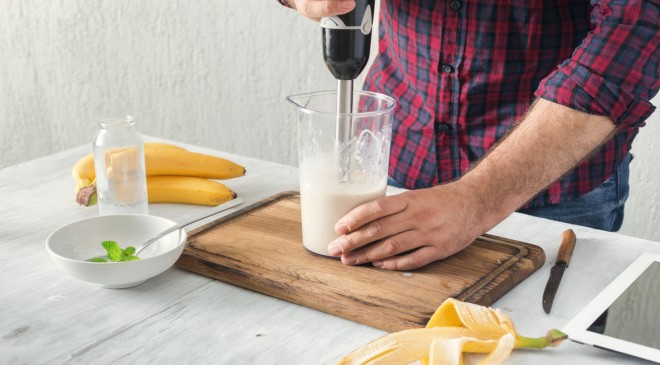We always admire to learn a new skill that can deeply improve our lives and relieve us from the shortcomings we might face in the future. Today, saving money is a skill. We say so because we agree that this requires inherent patience and self-control to adapt to making clever choices. The point here is, we are looking for saving money in small ways. The thing about these expenses is they don’t bother someone as an individual expense because of their inherent nature. But investigate the bigger picture or the bank statement at the end of the month, they are collectively more expensive than one hefty purchase.
Following are the clever choices, that we think can overall help you to save whatever money you can while making everyday purchases.
Always buy branded:
This first step can be confusing because we are advising you to spend more to buy something branded. But that is not the case with electrical appliances/devices because this saves money on frequent repair services. You buy a mobile phone second hand at half price and eventually find out it needs repairing. You still cover the cost but then realize it will be an outdated device in the following year.
Prefer Walking:
We don’t realize Indians do understand the concept of effective walking, but Europeans have figured this out. The central idea behind walking to your destination comes to them because transport is expensive in their countries. They are not only saving money they might spend on a taxi but are also healthier than us.
Make a list:
Research says, writing anything down promotes reasonable decision-making. It gives a sense of responsible spending to avoid unnecessary and prompt purchases.
Pay with cash:
This can be an inconvenience to the buyer, but it has the same effect as making a list. Paying with cash prevents us from overindulging at a general store. We tend to pay less in cash than when we pay by card. This will eventually help us to stay on a budget.
Make your own meals:
Buying packaged food is no work but is heavy on the expenses at the end of the month. When you cook your own meal, it benefits your health and helps to stay reasonable with your money.
Spend wisely:
This advice involves spending most of your money into something you put most of your time to do. If you cycle to work, spending on a good one is a good call. If you spend half the day on your laptop, spend on that and cut the rest.
Recycle if you can:
Clothes, books, DVDs- these products can be recycled or reused in many ways. Buy a second-hand copy of your favouritenovel. Recycle your clothes to events. If it still fits you, it is fine to utilize old clothes.
Reselling:
Reselling the old commodities, not in use can help if you earn little from them. The point is to clear space and help someone else in need. Similarly, if you buy in a yard sale, you would effectively pay less money for the same that can work fine in a second-hand condition.
Compare prices:
Before buying anything, it’s advisable to compare prices online or among stores. Chose stores and make options that are enough to fulfil your need.
Avoid Window Shopping:
The part where you’re in a store making turns with no apparent reason to shop will make you excessively shop for something. Being around attractive commodities can test your self-control.
Think about Renting out.
When you have unused dwelling options. It is a good chance to rent out. This ensures the safety and cleaning of a dead place with a monthly income.
Use public transport:
Opting for public transport than a personal one will ensure two things: you will walk to a certain extent and spend less money on transportation, comparatively.
Save extra money over cutting salon visits:
Cutting your own hair can help you decrease the bill on your expenses.
Avoid Impulsive buying:
Impulsive buying refers to buying anything without thinking twice. It may look attractive to you when you first see it but ask yourself if that is a want or a need.
Take care of yourself:
In the long run, your healthy choices will pay off. When you exercise, eat healthily and stay fit, it will positively affect your life and save big hospital bills on your way.











